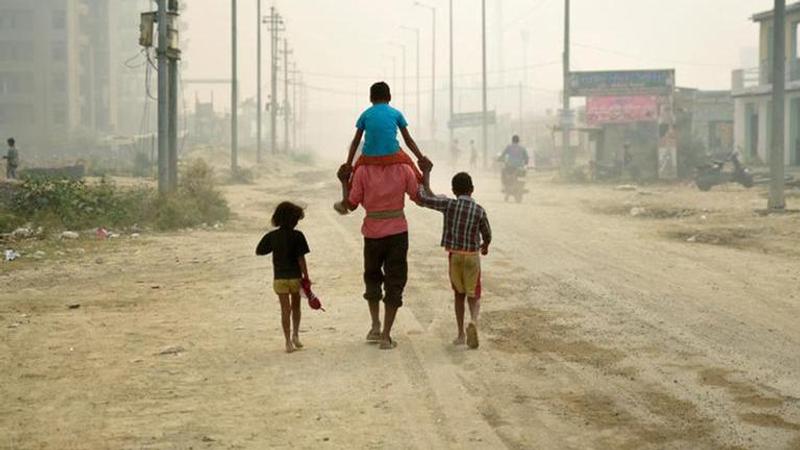Published 16:25 IST, November 19th 2020
Welfare scheme for children of incarcerated parents 'unsatisfactory, inaccessible': DCPCR
The Delhi Commission for Protection of Child Rights (DCPCR) has recommended that the welfare scheme meant for children of parents who have either been arrested or incarcerated be amended, claiming that the design and implementation of the scheme is "unsatisfactory, inaccessible and lackadaisical".

The Delhi Commission for Protection of Child Rights (DCPCR) has recommended that the welfare scheme meant for children of parents who have either been arrested or incarcerated be amended, claiming that the design and implementation of the scheme is "unsatisfactory, inaccessible and lackadaisical".
The recommendation has been made to the government following a review of the current institutional safeguard available to such children under the 2014 scheme for Financial Sustenance, Education and Welfare of Children of Incarcerated Parents conducted by the commission in consultation with different stakeholders.
According to a detailed report submitted to the government, DCPCR has found the design and implementation of the scheme to be "unsatisfactory, inaccessible and lackadaisical." "The design and formulation of the scheme, particularly its narrow eligibility criteria, unreasonable or rigid grounds of revocation, amount of financial support available was found to be defeating the intent and purpose of the legislation, which is to provide support and succour to these children," it said.
Stating that the incarceration of parents can be extremely traumatising for children and has been found to have lasting consequences on their health and wellbeing, the Commission said that in majority of the cases, incarceration of the parents is followed by financial instability and economic hardships for the families that directly and indirectly affects the children.
"These children, therefore, end up as victims of not just the crime but also the punishment," it said.
In its detailed recommendations submitted to the government, the DCPCR has stressed that the scheme needs to be amended to ensure that children of the incarcerated parents do not suffer and are able to grow socially, emotionally and academically.
"As per the current eligibility criteria, the scheme allows its application only if both the parents are arrested and in jail or if the only surviving parent is in jail. However, children with single parent incarceration are equally vulnerable. Therefore, children whose any one or both parents are in jail should be eligible for financial assistance under the scheme," the commission has recommended.
"The five-years residency criteria should be deleted and if the parents of the child happen to be residing in Delhi at the time of arrest, the child should be eligible under the scheme. The eligibility criteria requiring the annual income of the incarcerated parent from all sources to be under Rs 2 lakh be dropped and the scheme be made agnostic of the income limit," it added.
The DCPCR has said that the quantum of financial assistance for the first child should be increased to Rs 4000 per month and Rs 3,500 per month per child for each subsequent child. The amount shall be calculated on a pro-rata basis, for the number of days a child is entitled under the assistance.
"Amendments should be made to include reimbursement of tuition fee by the government and should ensure that child gets admitted in nearest government school if the family cannot afford the fee further. Additionally, within 60 days of the notification of the scheme, the government should ensure that applications can be submitted through an online portal to facilitate quicker access to the concerned authorities.
"Instead of immediately revoking the assistance when an incarcerated parent is released from jail, it should be made available for at least three months after the release of the incarcerated parent. However, assistance in terms of fee waiver should continue till the end of that academic session, to prevent any educational disadvantage to the child," it added.
Citing research, the Commission said that if at the time of the parental arrest, the child along with the caregiver were residing in Delhi and thereafter if the child and caregiver had shifted to NCR, they would still be eligible for the scheme.
Updated 16:25 IST, November 19th 2020




